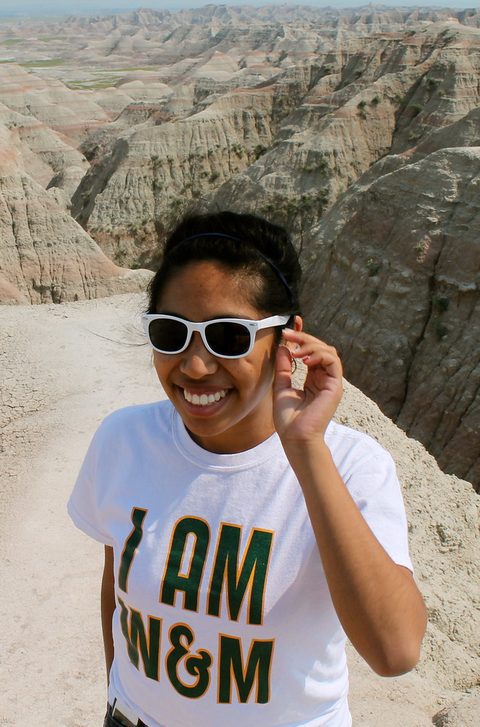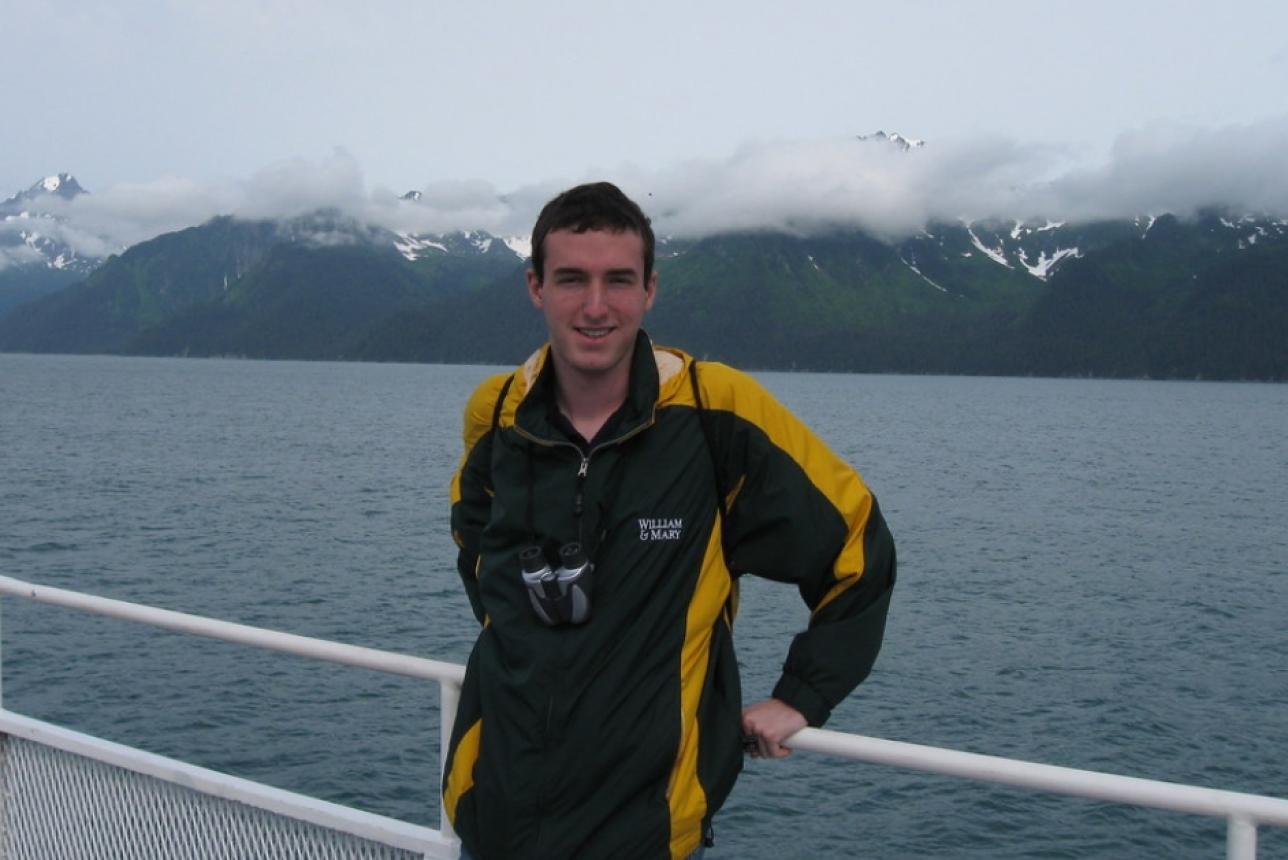Study Away Grants for Faculty
 The Charles Center has a longstanding mission to support student research and project-based learning. Study Away programs are designed to support research/project-based learning in courses that have significant domestic off-campus components.
The Charles Center has a longstanding mission to support student research and project-based learning. Study Away programs are designed to support research/project-based learning in courses that have significant domestic off-campus components.
In many cases, Study Away will provide students with options for fulfilling COLL 300. Study Away may also be designed to meet COLL 400, or simply to enrich the curriculum by offering significant off-campus research opportunities.
The Charles Center is able to offer a subsidy to help defer costs to students and faculty for a limited number of Study Away programs each year.

What is a Study Away course?
Study Away courses are taught on campus but have a significant, primarily domestic off-campus component and meet the following guidelines:
- Time off-campus must be dedicated to research or project-based learning
- The minimum week off-campus could be before the semester begins, during a semester break, at the end of a course, or an accumulation of at least 40 hours throughout the semester
- Study Away experiences are generally an extension of an on-campus course; however, courses may take place off-campus or a combination
- Each course must include a reflective component that covers the time spent away

What is a Study Away COLL 300?
COLL 300 Study Away courses must include a cross-cultural component and must meet the following guidelines:
- Time off-campus must be dedicated to research or project-based learning
- The minimum week off-campus could be before the semester begins, during a semester break, at the end of a course, or an accumulation of at least 40 hours throughout the semester
- Each course must include a reflective component to include the time spent away from campus that exemplifies cross-cultural learning
Apply for a Study Away grant
We are now accepting applications for Study Away grants for the '24-'25 academic year. Applications are accepted on a rolling basis through March 31 for the following fall and November 30 for the following spring semester. Applications will be considered on a first-come, first-served basis until funds are spent.














